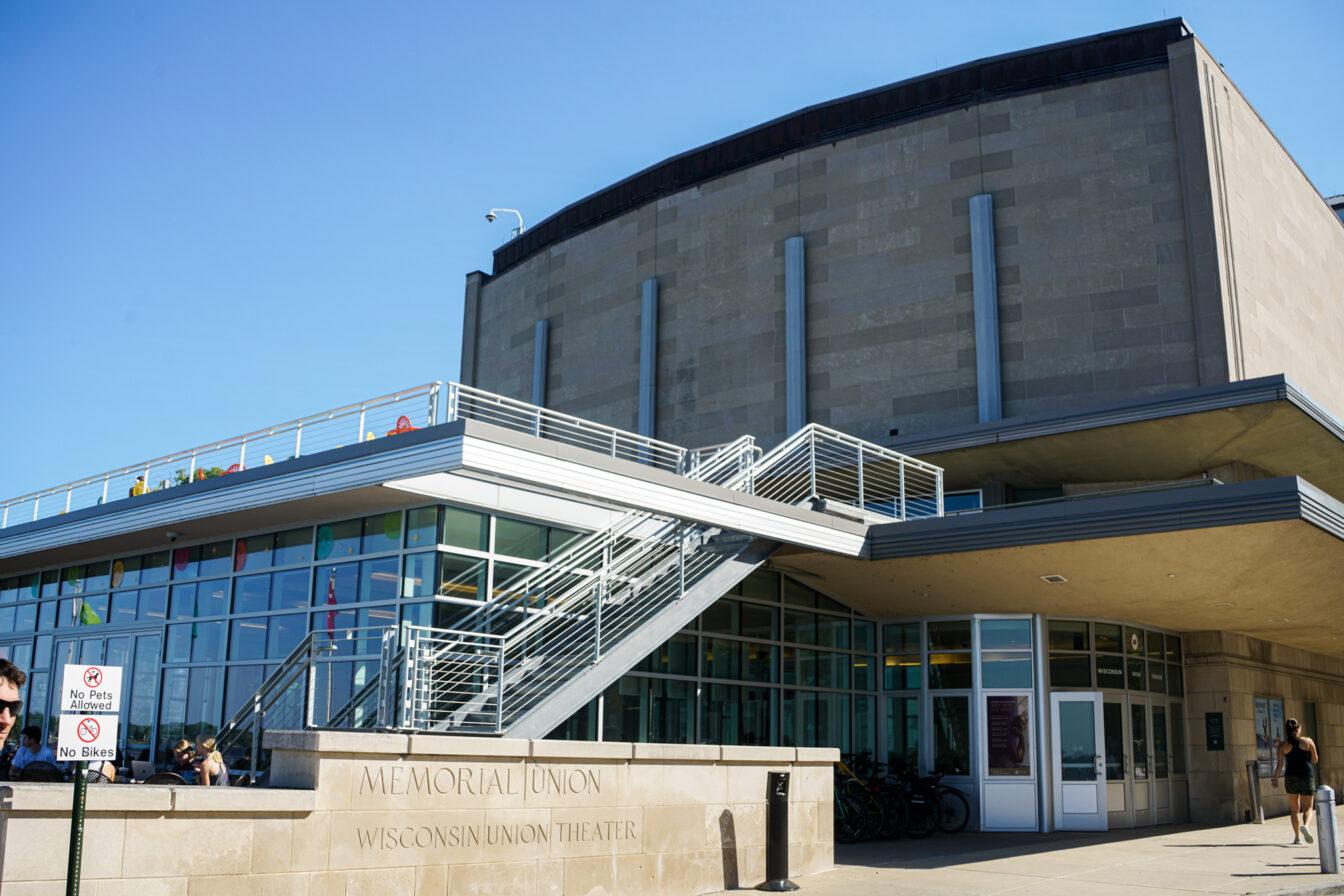University of Wisconsin Housing Department and the Wisconsin Union raised the starting wage for student workers from $12 to $15 an hour in an effort to attract more student workers. This increase in wages brings big implications for student workers, including more financial freedom and incentive to work on campus.
This signals a win for student workers who are constantly fighting for increased wages. In 2021, the Associated Students of Madison created the Student Workers’ Rights Committee to find solutions for existing labor issues on campus, as well as provide a way for students to address employment concerns, according to the ASM website.
Student worker Colby Belman, who works at the front desk at the Wisconsin Union Hotel, offered insight into how the wage increase will personally impact her life and willingness to work.
“The increased wage has made me more inclined to take up more open shifts because I am making more money,” Belman said. “It has also made me want to keep this job because the wages are so competitive with other jobs in Madison.”
Belman feels secure with finances since the wage increase. Now, she said she can purchase expensive, healthier foods, spend more money on clothing and go out to eat.
Wisconsin Union Hotel South employee Emily Ortiz shared that she started the job in the summer and planned to continue working into the fall regardless of the wage increase. But, the wage increase acted as an added benefit for her.
“I wouldn’t say that this increase in pay drastically changed my quality of life, but it does provide me with a good amount of extra money to spend on groceries, gas and other essential expenses,” Ortiz said.
At UW, students have a lot of options for jobs on campus, according to an email statement from UW Housing Director of Marketing & Communications Brendon Dybdahl. By raising the wages, UW Housing hopes to incentivize students to work for them and remain competitive amongst other jobs.
In an email statement to The Badger Herald, Dybdahl described the recent wage increase as an investment in student workers.
“We rely greatly on our student employees to help us provide the high quality of services and facilities that our residents and guests expect,” Dybdahl said. “They do amazing work for us.”
Student jobs also provide a lot of opportunities for students, according to Dybdahl. They act as a great way to gain valuable skills, meet new people, learn time management and make some extra money. In addition, students can work in a flexible, supportive environment.
Over the last several years, University Housing gradually started raising student wages, according to the statement. Wage increases are conducted in a responsible way so as to not significantly add to resident costs.
“Housing is a self-funded unit on campus, so wages and all other expenses must be covered by the funds we collect from our rent, dining operations and conference programs,” Dybdahl said. “We are a non-profit entity, and all monies are invested back in our facilities and institutional mission. There is always a careful balance in our budgeting process between employee wages and what we then in turn need to charge our residents for room and board to cover expenses, and we’re very mindful of keeping costs reasonable.”
According to Dybdahl, recent years show first-year students seem less interested in working a student job. Those who do choose to work request fewer hours than students in the past.
UWPD, Dane County officials respond to body found on Lake Mendota
But, with declining numbers of student employees and hours, UW Housing can now reallocate the student labor budget in ways they could not before, according to their statement. As a result, students can now make $15 an hour.
“We hoped to eventually get to a $15/hour student wage, and the lower staffing numbers made it possible this year without having to make any other adjustments,” Dybdahl said.














